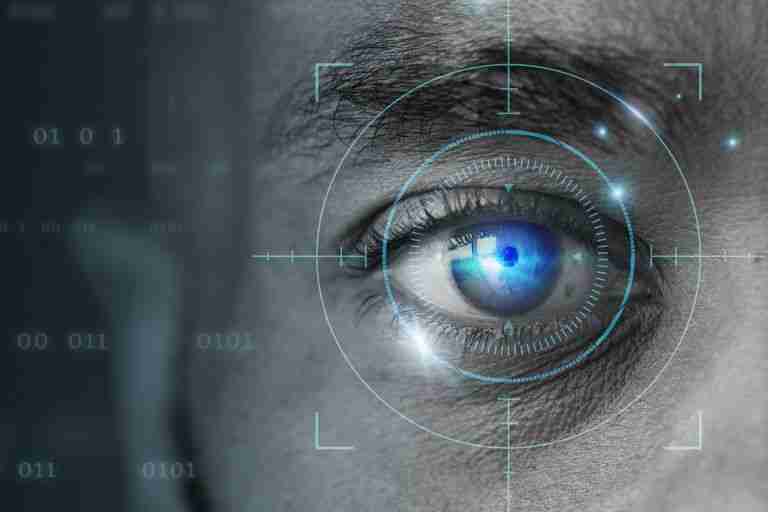In personal injury cases, gathering evidence is critical to establish liability and seek fair compensation for the injured party. Among the various methods employed during investigations, surveillance plays a significant role in providing valuable insights into the circumstances surrounding the incident. However, the use of surveillance raises ethical and privacy concerns, especially when dealing with sensitive matters like slip and fall accidents. This article examines the delicate balance between privacy rights and the need for evidence in personal injury investigations, with a focus on the role of surveillance and the expertise of a Bronx slip and fall lawyer.
Understanding Slip and Fall Accidents and Personal Injury Investigations
Slip and fall accidents are frequent occurrences that can lead to significant injuries, ranging from broken bones to traumatic brain injuries. When these accidents happen on someone’s property due to negligence or hazardous conditions, the injured party may be eligible to pursue a personal injury claim. For a successful claim, comprehensive investigations are conducted to ascertain liability and amass evidence to support the injured individual’s case.
The Role of Surveillance in Personal Injury Investigations
Surveillance is a method commonly used in personal injury investigations, including slip and fall cases, to collect evidence that may otherwise be challenging to obtain. Surveillance can involve the use of video recordings, photographs, and even tracking devices to monitor the activities and movements of the injured party. The aim is to gather evidence that can shed light on the extent of the injuries, the impact on daily life, and whether the injured party’s actions are consistent with their claimed injuries.
Ethical and Privacy Concerns
While surveillance can be a valuable tool in personal injury investigations, it also raises ethical dilemmas and privacy concerns. Individuals have a reasonable expectation of privacy, and surveillance can infringe upon this right when conducted without proper oversight or consent. The use of surveillance should be carried out in compliance with applicable laws and regulations, and it should not involve intrusive or unethical methods.
The Role of a Bronx Slip and Fall Attorney
A Bronx slip and fall lawyer plays a crucial role in ensuring that the use of surveillance in personal injury investigations is ethical and adheres to legal standards. These legal professionals understand the importance of evidence in building a strong case, but they also respect the privacy and rights of their clients. A skilled attorney will utilize surveillance judiciously, ensuring that it is conducted legally and with sensitivity to the injured party’s privacy concerns.
Ensuring Admissible and Relevant Evidence
An experienced Bronx slip and fall law firm knows the rules of evidence and will only use surveillance that is admissible and relevant in court. They will thoroughly vet the surveillance material to ensure its authenticity and that it aligns with the circumstances of the case. Moreover, the attorneys will present the evidence in a manner that is respectful and does not unnecessarily invade the injured party’s privacy.
Balancing Privacy Rights and Evidence Collection
The key is to strike a balance between privacy rights and the need for evidence. A skilled Bronx slip and fall lawyer will use surveillance as a tool to obtain crucial evidence while respecting the privacy of the injured party. They will ensure that the surveillance is targeted and limited to relevant information, avoiding any unnecessary invasion of privacy.
Conclusion
In personal injury investigations, surveillance can play a significant role in providing valuable evidence to support a slip and fall claim. However, it is essential to consider the ethical and privacy implications of using surveillance methods. A skilled Bronx slip and fall attorney understands the delicate balance between privacy rights and the need for evidence, ensuring that surveillance is conducted ethically, legally, and with respect for the injured party’s privacy. By approaching surveillance with sensitivity and professionalism, lawyers can strengthen their clients’ cases while upholding the principles of privacy and integrity in the legal process.
 Español
Español 
